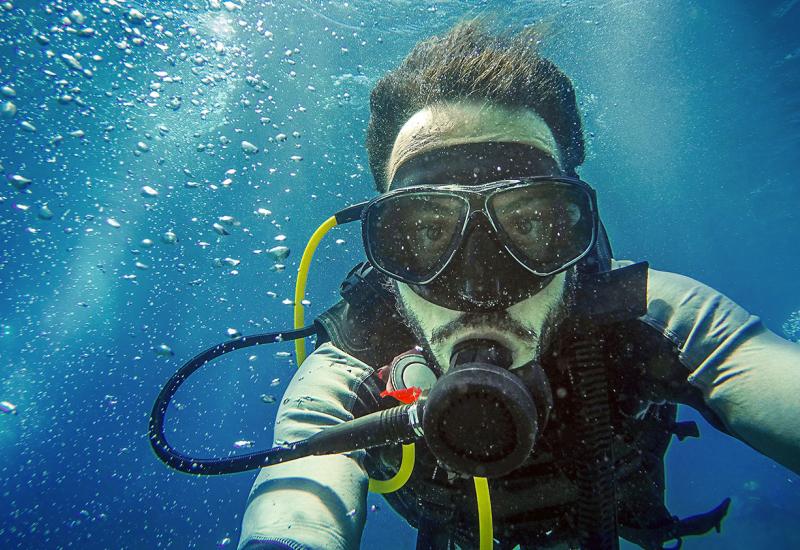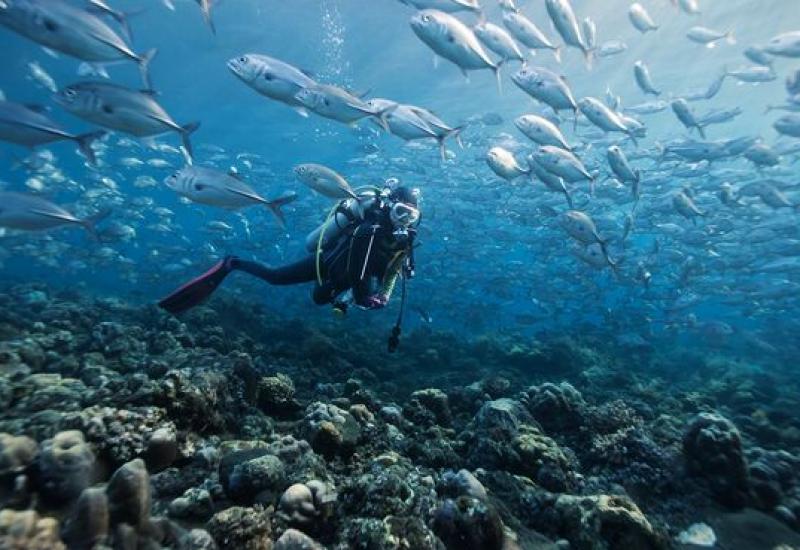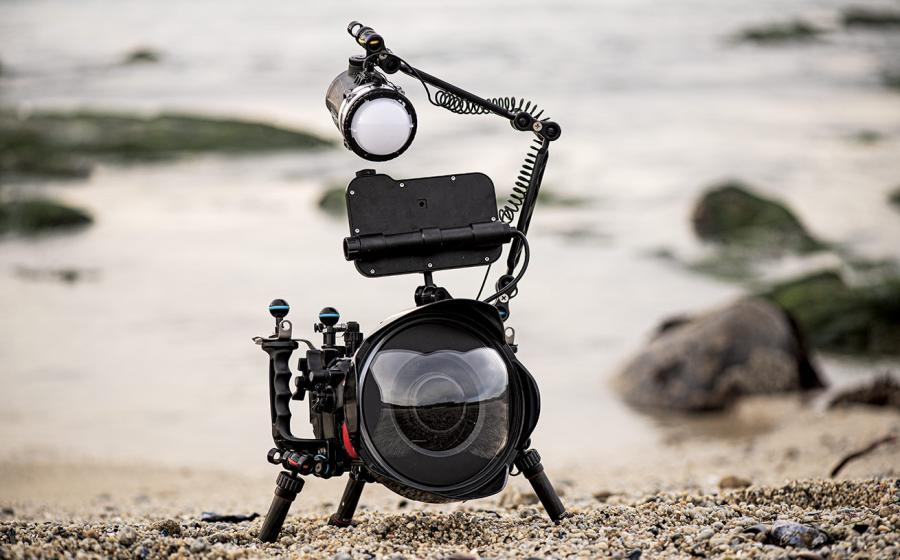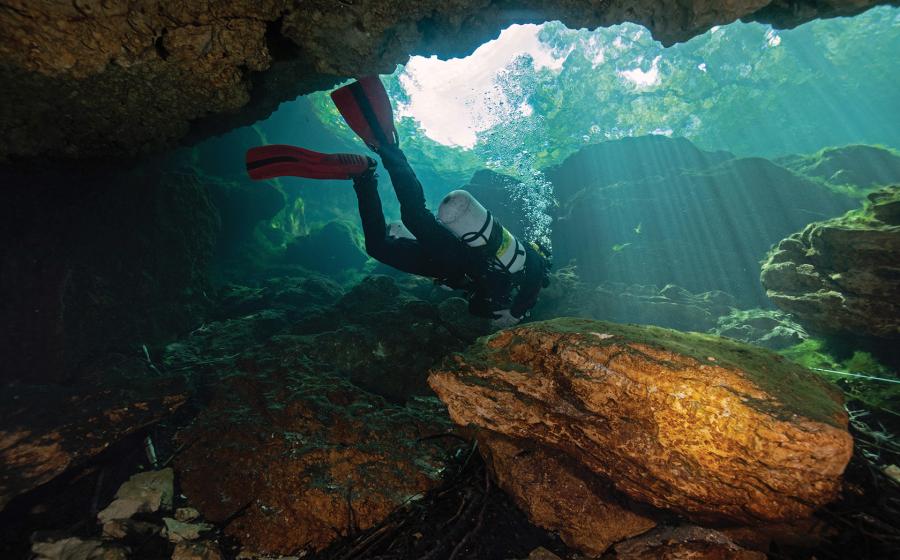Our Scuba Diving Tips For Avoiding DCS
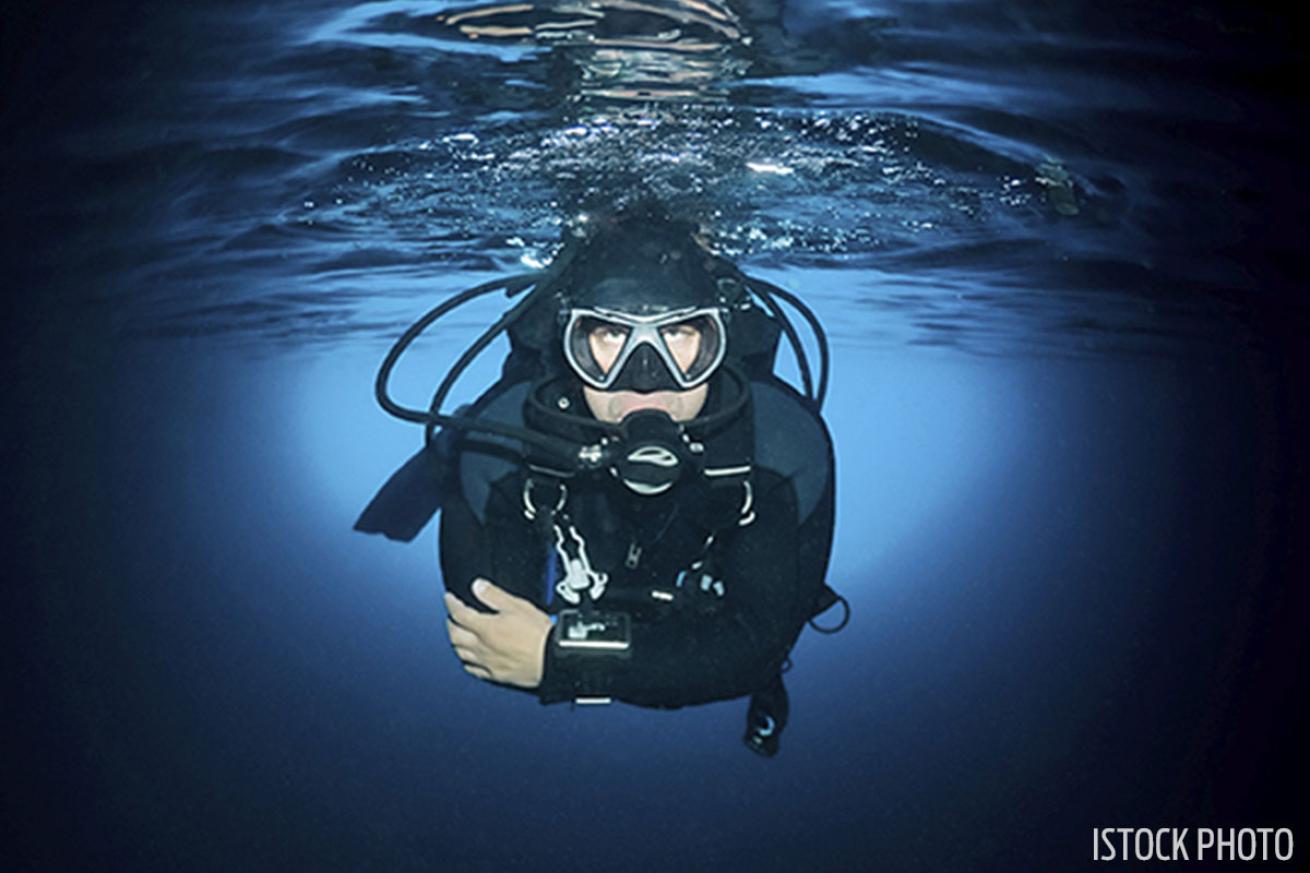
iStockCan you completely eliminate the risk of getting a DCS hit when you're scuba diving? No — but you can certainly improve your odds. Here are our best tips for staying safe.
There is no fail-safe guarantee that you can completely eliminate the risk of decompression sickness when you're scuba diving. While a dive computer can help you stay safe, even these remarkable instruments don't offer a 100% insurance against a DCS hit. But there are safety measures you can take to help prevent this injury and reduce the chances. Here are our best tips for staying out of a chamber the next time you dive.
• Dive conservatively, whether you are using dive tables or computers. Experienced divers often select a table depth (versus actual depth) of 10 feet deeper than called for by standard procedure. This practice is highly recommended for all divers, especially when diving in cold water or when diving under strenuous conditions — factors that can increase your chance of DCS. Computer divers should be cautious in approaching no-decompression limits, especially when diving deeper than 100 feet. Remember: the NDL timer on your computer counts down the minutes you have until you enter decompression or deco only. It cannot tell you whether you are bent — ditto for dive tables. That's because dive tables and dive computers are based on theoretical models. They don't take into consideration factors such as whether you consumed alcohol the night before, whether you are dehydrated or exhausted, your age, stress or your general health.
• Avoid deep or long dives, especially when diving on multiple days.
• Stay hydrated. Drink plenty of fluids — avoid caffeine and alcohol — so your body can better cope with nitrogen saturation. “Hydrate, hydrate, hydrate,” says Kell Levendorf, dive accident investigator for Dive and Marine Consultants International. “Obviously, adhering to conservative diving practices is critical, but if the body is already compromised by predisposing factors — age, obesity, circulatory issues, fatigue, scar tissue or a previous history of DCS — the risk becomes even higher when you’re not hydrated.”
• Abort dives that become too strenuous, such as swimming against current.
HOW DO YOU KNOW WHETHER YOU'RE BENT? READ OUR COMPLETE GUIDE TO DCS
• Adhere to safety stops and slow ascent rates. Never skip a safety stop or deep stop when your dive computer or dive table indicates one. The probability of DCS after a single, conservative dive that is well within no-decompression limits is almost zero. The risk increases if you push the limits; dive deep or prolong your bottom time at a moderate depth.
• Observe flying-after-diving safety guidelines. Ditto for driving to altitude.
FOR ADDITIONAL SCUBA DIVING TRAINING ARTICLES, TIPS AND BEST PRACTICES, VISIT THE TRAINING SECTION OF OUR WEBSITE.


